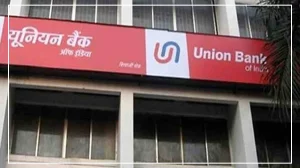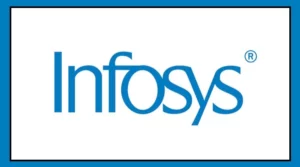SEBI has announced two important changes for Debenture Trustees (DTs).
The first change allows DTs to offer financial services outside SEBI’s regulatory scope.
The second change updates the rules for the Recovery Expense Fund (REF).
Both updates aim to increase transparency and improve investor protection.
DTs Can Offer Non-SEBI Services, but With Strict Conditions
SEBI has clarified that DTs may now provide financial services that do not fall under SEBI regulations.
However, this work must be carried out through a Separate Business Unit (SBU) within the same company.
This ensures that SEBI-related and non-SEBI work remain completely independent.
The key requirement is the creation of a “Chinese Wall”. This means:
Separate teams
Separate systems
Separate records
No sharing of information between the SEBI and non-SEBI units
Mandatory Transparency for Customers
SEBI has made it compulsory for DTs to clearly inform clients that any non-SEBI service is not protected under SEBI regulations. This disclosure must be:
Published on the DT’s website
Provided in writing to all new clients
Collected from existing clients within six months and reported to SEBI
A separate grievance-redressal system must also be set up for non-SEBI services so that customer complaints are handled independently.
If a DT’s non-SEBI service comes under another regulator such as RBI, IRDAI, PFRDA, IBC, or IFSCA, then that regulator’s rules will apply.
All advertising and disclosures for these services must also be kept separate.
Every six months, a board-approved compliance report must be submitted to SEBI.
Major Changes to Recovery Expense Fund (REF) Rules
SEBI has also updated the rules regarding the Recovery Expense Fund (REF). This fund is used when a company defaults,
and the DT spends money—such as legal or administrative costs—to recover investors’ funds.
REF Can Now Be Used for More Expenses
SEBI has issued a detailed list of costs that DTs can pay directly from the REF without seeking any additional approval. These include:
Court-related expenses
Legal processes
Meetings and administrative costs
If an expense is not on this list, approval from debenture holders will be required.
After using the REF, the DT must update the information on its website. The stock exchange must now release REF funds within five days.
New Definition of Lead Debenture Trustee
SEBI has also updated the definition of a Lead Debenture Trustee, making responsibilities and final decision-making authority clearer.
This change further strengthens investor protection. Additionally, annual updates on REF expenses are now mandatory.

























